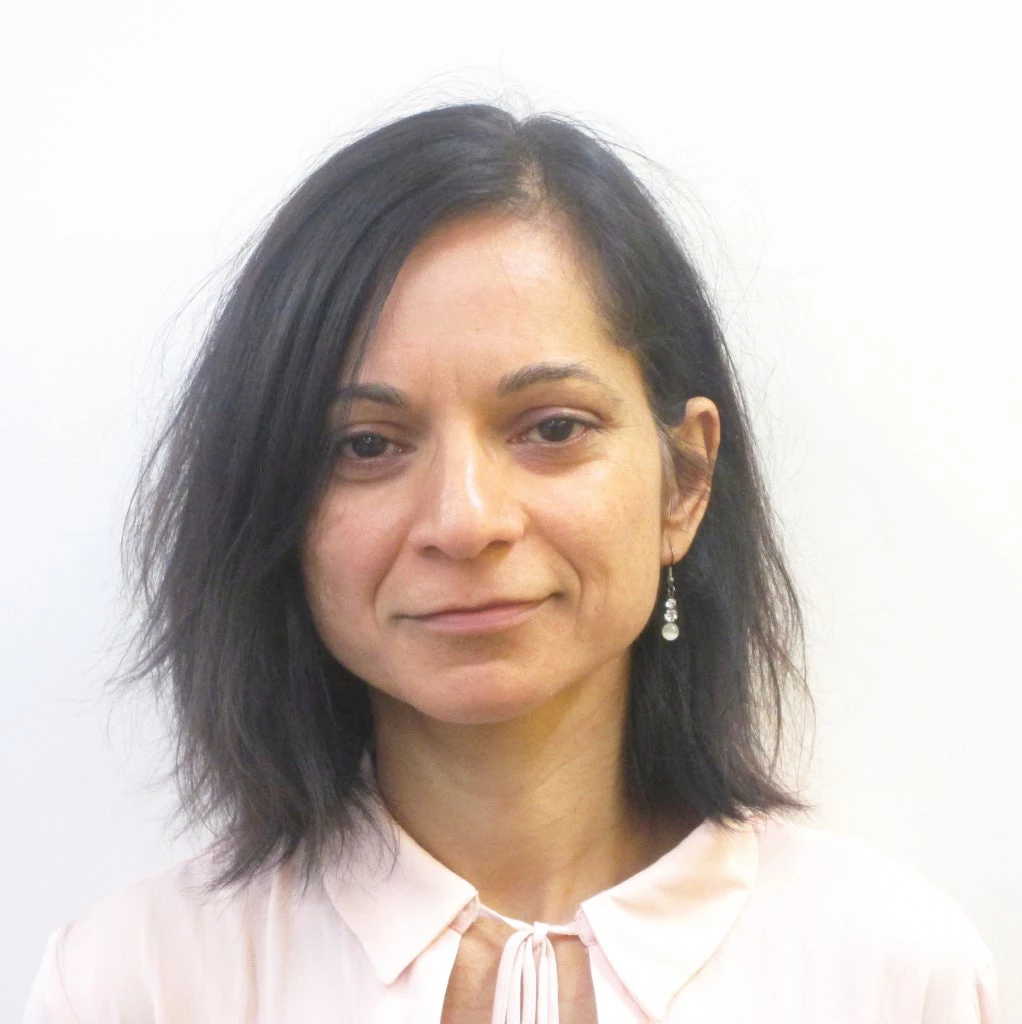
Alexander Obiechina, CEO of ACOB Lighting Technology Limited in Nigeria is excited to be part of the Africa Mini-grid Developer Association (AMDA) – the first ever association in Africa to bring together stakeholders from the mini grid industry.
ACOB Lighting Technology has been operating in Nigeria since 2016 and with AMDA’s launch in April, Obiechina believes that his company will benefit from this collective platform by increasing access to finance, gaining investors’ confidence and learning from each other’s experiences. This opportunity for him and many other local mini-grid developers couldn’t have come at a better time, as Nigeria is planning to implement 10,000 mini grids to achieve its goal of achieving universal access to energy by 2040.
The International Energy Agency (IEA) projects that the mini grids and stand-alone off-grid systems will play key roles in extending electricity to many rural areas in Sub-Saharan African (SSA) countries that currently do not have access to national grids. It estimates that 140 million of the projected 315 million rural Africans who will gain access to electricity by 2040 will be served by mini grids. To help achieve this level of access, which will require 100,000–200,000 mini grids, the AMDA can play a pivotal role by advocating for enabling polices and regulations, leveraging private finance and implementing projects on the ground.
Grit of a few is a gain for many
The World Bank’s Energy Sector Management Assistance Program (ESMAP), through its Global Facility on Mini Grids, was instrumental in the establishment of AMDA. It supported the entire formation process and helped founding members define the association’s vision and objectives for the short and long terms. With an agreement to cover the entire SSA region, the association began with chapters in Tanzania and Kenya where companies had the most practical experience and had already built 430 kilometres of distribution lines, and renewable generation to serve over 11,000 connections, including households, schools, health clinics, micro-enterprises and agriculture.
The establishment of the AMDA has taken time, effort, perseverance and dedication of many people. For example, Sam Slaughter, CEO of Powergen and the driving force behind AMDA, identified some of the challenges and opportunities for private mini grid developers to enter the market. Evidence shows that comprehensive solutions to modern electricity access have been successful in electrifying communities, especially in remote and rural areas. Several African countries, including Nigeria, Ethiopia and Kenya, are incorporating mini grids and solar off-grid solutions into their national electrification plans.
Mini grid systems can provide service up-time of more than 97% and connect consumers at a much lower cost than extending the national grid to rural communities. The AMDA will position and promote mini grid solutions for rural and off-grid consumers, and lobby to integrate mini grids into national planning. This will insure that mini grid developers and national utilities are collaborating to provide the best, least-cost solution to rural consumers. Companies such as Powergen, Powerhive, SteamaCo, PowerCorner, Rafiki Power and Husk Power, which are already operating in Africa, have thus come together on a common platform and speed up private investment in the sector.
A unified voice for the mini grid industry empowers communities
By providing a unified voice for the industry, AMDA aims to work with governments and other stakeholders to build an enabling environment for the next generation of mini grids that meet the needs of private firms and communities. AMDA is on a trajectory to have chapters in as many as 10 countries by the end of 2018 and aims to represent 90% of the SSA mini-grid sector by the end of 2021.
AMDA’s two largest initiatives are to ensure that mini grids are incorporated into national electrification strategies and planning, and to ensure access to both grant and debt financing to scale the sector. According to AMDA, mini grids will be part of most African countries National Electrification Strategies (NES) and this will be done through their advocacy efforts in conjunction with policy makers and donors. The members of AMDA are committed to partnering with these communities to not only provide the safest, most reliable and highest quality service, but to ensure a “low-carbon future that builds economic opportunity, resilience, and gender equity.”
In partnership with organizations such as the World Bank/ESMAP and Shell Foundation, AMDA is moving into the next phase of expanding its membership and drafting a roadmap for advancing the interests of its members. In the coming years, AMDA is also planning to expand into Zambia, Uganda, Rwanda, Sierra Leone, Mali, Ethiopia, Ghana and Zimbabwe. Obiechina is also looking forward to engaging more with AMDA and finding ways to leverage relevant Africa-wide experience on mini grids for Nigeria. The formation of AMDA is a sign that mini-grid companies see potential market in Africa and are equally dedicated to work along with the governments to achieve universal energy access goals.



Join the Conversation